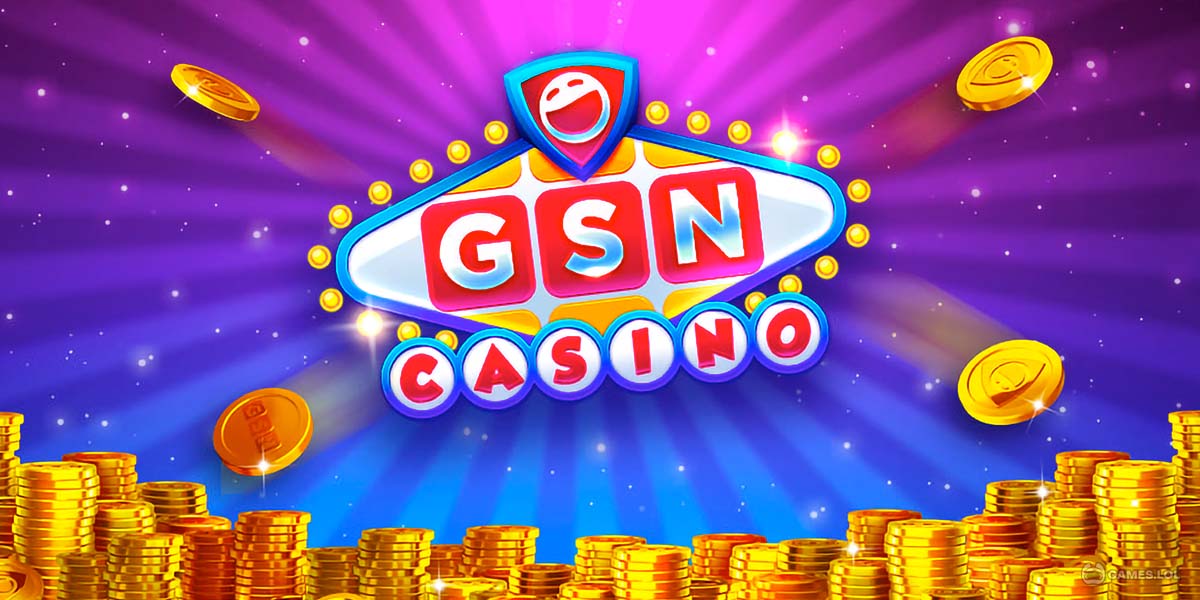
Gambling games have long captured the fascination of people around the world, becoming an important part of both leisure and society. From the shimmering lights of Las Vegas to the captivating experience of online gaming, these games evoke thrill, danger, and sometimes even a sense of sentimentality. They are beyond simply entertainments; they have woven themselves into the tapestry of human experience, influencing various aspects from movies and melodies to style and literature.
The allure of casino games goes beyond the wagering aspect, tapping into broader themes of fortune, risk, and social interaction. As players convene around a poker table or spin the roulette wheel, they engage in an timeless ritual that echoes with our shared desire for adventure and uncertainty. This fascination has led to the emergence of countless references in cinema, songs, and video games, showcasing how deeply entrenched these activities are in mainstream culture. Whether it is the pressure of a classic heist movie or the colorful nightlife portrayed in videos, casino games have created a substantial place that reflects our bond with reward.
Historical Importance of Gambling Activities
Casino games have played a pivotal role in cultural aspects throughout the ages. Stemming from old societies, forms of chance were often linked to ceremonies or events. For instance, early iterations of gambling can be linked back to historic Chinese and the Romans, where dice games and wagering on results were popular pastimes. pay4d These games not only functioned as entertainment but also as means of connecting people, facilitating relationships among people within societies.
As societies evolved, so did the complexity and organization of gambling games. The establishment of official casinos in the 17th century, particularly in Italy, marked a significant shift in how games were perceived and organized. With specific spaces for gaming, the casino became a social hub where patrons from various backgrounds convened. This evolution contributed to the validation of gambling, transforming it from a mere pastime into an established industry that shaped economy and policy.
The impact of gambling games on mainstream culture cannot be understated. As they were brought into the limelight in books and movies, games such as poker and blackjack became icons of risk, luck, and tactics. Iconic figures and narratives have developed around these activities, reflecting societal attitudes towards fortune, prosperity, and immorality. This interest with gambling games has permeated various forms of entertainment, cementing their status in the public imagination and linking them to wider cultural stories throughout history.
Depiction of Casino Games in Entertainment
Gambling games have long been a popular topic in various forms of media, reflecting both the thrill and complexities of the world of gambling. Films such as Ocean’s 11 and Casino Royal portray characters who navigate dangerous scenarios, showcasing not only the appeal of the casino atmosphere but also the methods and judgments that come with playing popular games like poker and 21. These films often dramatize the excitement of winning and the potential results of losing, encapsulating the perils involved in betting.
Television shows have also explored the realm of gambling activities, often integrating them into the plot as a setting for character development and drama. Shows like Las Vegas depict the stories of gambling employees and casino-goers, highlighting the vibrant, often disorderly energy of the casino floor. Reality shows featuring intense betting contests further emphasize the appeal of gambling activities, drawing viewers into the excitement and tactics involved in each round. Through these portrayals, media not only amuses but also sparks conversations about fortune, skill, and the character of chance.
Video games have increasingly included casino games into their structure, allowing players to experience the feeling of betting without financial risk. Titles within the landscape of online gaming often include virtual slots, poker, and other casino favorites, creating an interactive experience that mirrors actual casino experiences. These digital representations make casino games accessible to a global audience, appealing to both players who indulge and those who enjoy the rush of virtual experiences. As a consequence, the representation of gambling activities in media continues to shape societal views and importance, highlighting their function in society and the cultural landscape.
Effect of Gambling Activities on Communities
Gambling activities have a significant impact on society, affecting various aspects of societal norms and social behavior. They often serve as a venue for social interaction, where people come together to experience a common activity. Game nights with friends or trips to casinos become group events that foster connections and create memories. This collective aspect boosts the entertainment value of casino games, making them a popular choice for celebrations and leisure activities.
Additionally, gambling activities have been portrayed in numerous films, TV series, and written works, influencing views and opinions towards gambling and betting. Icons like James Bond playing baccarat or the intense poker scenes in films have cemented these games in the collective imagination. This depiction often idealizes the culture associated with casino activities, drawing in new players and influencing trends in both style and conduct. These representations can ignite curiosity and lead to a deeper investigation of the intricacies of gaming.
Nonetheless, there are also negative consequences linked to the widespread appeal of gambling activities. The temptation of quick monetary gain can lead to problem gambling and economic troubles for some people. The community must contend with these issues, advocating for responsible gambling and education of the dangers involved. Finding a balance between the fun aspect of gambling activities with the potential for harm is vital to ensure that they continue to be a beneficial aspect of our cultural landscape.

